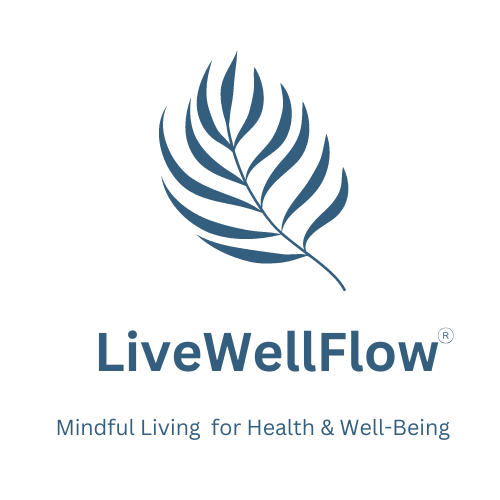5 Ways Relaxation Benefits Brain Health
Sep 23, 2024
You just need to relax…
Odds are you have heard this advice before. And you are wondering how are you supposed to relax in the middle of all that you have going on. Whatever your personal reason for your stress and tension, there are good reasons for you to take the advice.
This Scientific American article lays out the case for more mental downtime. The part of you to benefit the most from you reprieve will be your brain and here is how.
1. Stopping Your Never-Ending Stress Cycle
Just going about your day you may not even realize if your stress cycle is chronically in overdrive, wreaking havoc on your mind and body. Settling down and giving your brain a break from constantly taking on a barrage of information gives it time to process and integrate information. Relaxation can have a positive effect on your heart rate, blood pressure, immune system, along with other physical health benefits as well. Breaking the constant stress cycle is the biggest and most unseen benefit you will get from finding the time to relax.
2. Better Sleep
Sleep is the gold standard for rest and relaxation. The experts say everyone needs 7-9 hours of it to function at their highest capacity. However, even if you make it to bed in time, how long it takes you to fall asleep is relevant too. Rest lets your brain catch up and organize the information you have had coming at you all day.
If you don’t take a break before you go to bed, you may find yourself laying awake at night. Relaxing and taking breaks during the day has the potential to improve the quality of your much-needed sleep. This becomes even more important and effective if you find it uncommon to meet the daily recommendation on sleep.
3. Improved Decision Making and Memory
This is a big one too. The most studied phenomenon related to rest and relaxation may be the measurable boost you get in concentration, decision making, and memory. Improved decision making and memory are a real and measurable brain benefit found from all forms of relaxation from deep breaths, meditation, and sleep.
4. Increased Creativity
You are working on a presentation, drafting a legal brief, planning details for a project you must get done and you just can’t seem to get it right. After hours of drudging along you step away from the project, maybe even for a day. Then when you are driving home, taking a shower, cooking dinner it all comes together in your mind. Letting go and stepping away from the task was the key. The relaxation gave the brain time to process information and make connections that hadn’t quite clicked.
5. Decreases Contribution of Stress to Depression
Clinical depression is an imbalance of hormones in the brain. Sometimes, this imbalance can be triggered by a continuous influx of other hormones, like stress hormones. Stress can exacerbate hormone imbalance in people with a history of depression. The imbalance can be brought on during times of great difficulty, like a divorce or death of a loved one. Depression is a complicated condition but relaxing can help. Relaxation allows serotonin and dopamine levels to move towards natural and regular levels, neither too high or too low, which can be a powerful force for mental and physical health.
MIndfulness practices can help increase your awareness of when you are overdoing it. Connecting with the body’s signals and being aware of the brain’s ruminations can serve as a trigger that it is time to step back and take a rest. Mindfulness meditation and breathing practices can also cultivate a direct relaxation response in the body.
Take the time to just relax for the benefits to your mind, body and your work, whatever your work may be.
Grab our Stress Relief Blueprint to help you let go of the stress and rumination.
